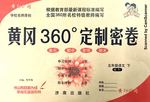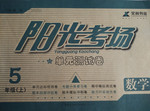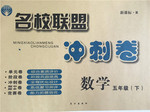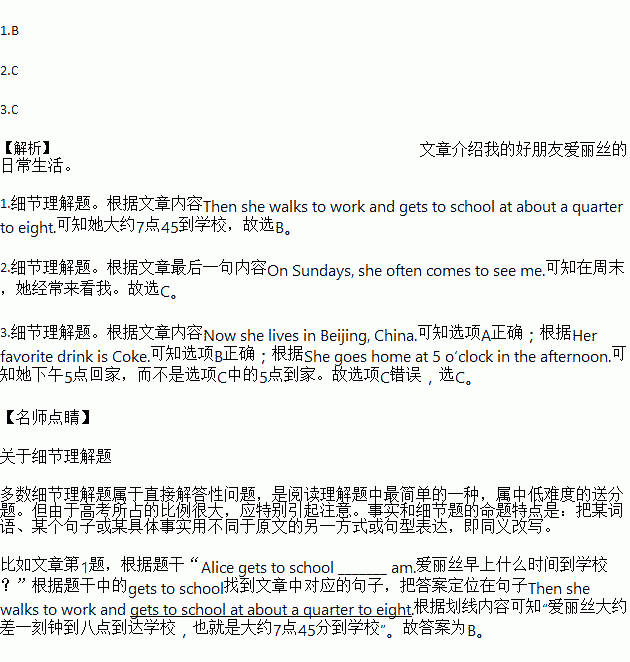题目内容
Alice is my good friend. She is twenty-two years old. Now she lives in Beijing, China. She teaches English in a junior high school. She loves making friends with the students and they like her very much. Every morning she gets up very early. At about 7:00, she usually has a glass of milk and some bread for breakfast at home. Then she walks to work and gets to school at about a quarter to eight. At 12:00 she eats a hamburger and an apple for lunch. Her favorite drink is Coke. She goes home at 5 o’clock in the afternoon. She likes to have noodles(面条)and chicken for dinner. On Sundays, she often comes to see me. Sometimes we go to a Chinese restaurant to have lunch.
1.Alice gets to school _______ am.
A. at 8:15 B. at 7:45 C. at 7:40
2.What does Alice often do on Sundays
She often ________.
A. has dinner with me B. goes to the restaurant C. comes to see me
3.Which of the following is NOT true
A. Alice lives in China now.
B. Alice likes Coke best.
C. Alice gets home at 5:00 in the afternoon.
 超能学典单元期中期末专题冲刺100分系列答案
超能学典单元期中期末专题冲刺100分系列答案 黄冈360度定制密卷系列答案
黄冈360度定制密卷系列答案 阳光考场单元测试卷系列答案
阳光考场单元测试卷系列答案 名校联盟冲刺卷系列答案
名校联盟冲刺卷系列答案

 r such ____ games."
r such ____ games."